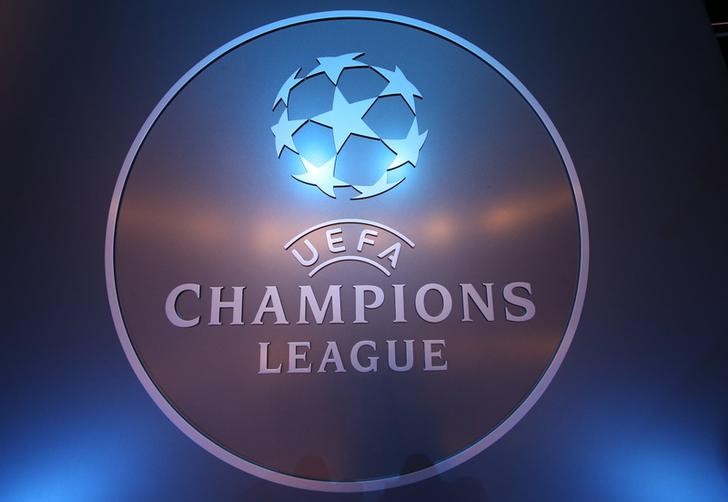By Marja Novak
LJUBLJANA (Reuters) - The Slovenian candidate to succeed Michel Platini as the president of the UEFA, Aleksander Ceferin, said he plans to clamp down on corruption, doping and match-fixing if he is elected.
UEFA will hold an election on Sept. 14 to choose a replacement for Platini, who was one of the sport's most powerful figures until he was engulfed by the scandals plaguing the sport's world governing body FIFA.
He was banned, along with former FIFA president Sepp Blatter, over a payment of 2 million Swiss francs (1.52 million pounds) made to the Frenchman by FIFA with Blatter's approval in 2011 for work done a decade earlier. Both men denied wrongdoing and appealed against their bans.
"I will work towards better protection and integrity of our sport by fighting against corruption and match-fixing, against doping and by ensuring a safe football environment for all participants," Ceferin said in written answers to questions from Reuters.
World football officials have long identified match-fixing as a scourge of their sport. Match-fixing is often organised by betting syndicates who make money by gambling on the result of the game they have manipulated.
Cerefin gave no details on the specific problems surrounding doping and match-fixing he was concerned about.
Ceferin said he wanted UEFA to become "the best sports organisation in the world" which will be a model for other sports organisations and will ensure "sustainable development of the European football".
Ceferin, 48, a lawyer who has been the president of the Slovenian Football Association since 2011, is one of three candidates for the position, along with Spain's Angel Maria Villar and Netherland's Michael van Praag.
"I believe I can bring a new wind, new ideas and approaches which are necessary for a better role of the UEFA in further development of the European football," Ceferin said.
He also said UEFA was a "stable organisation" and that he was optimistic regarding the election race as he enjoyed "wide support from all parts of Europe".
The national football team of the country, which declared independence from the former Yugoslavia in 1991 and has 2 million citizens, has so far managed to qualify once for the European and twice for the World Football Championships.
In May, Slovenia opened a new national football centre at Brdo pri Kranju, close to the capital Ljubljana.
